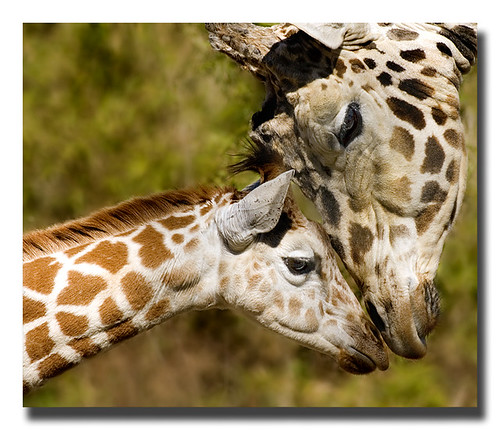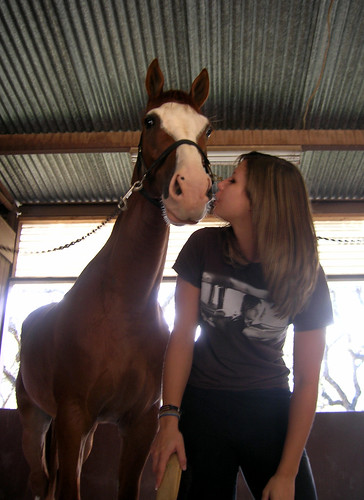They say never work with children or animals, and they’re half right. Children, after all, are terrible. But so many animals are great fun to work with, and many of them are preferable to working with people.
So if you prefer your colleagues to be more furry, or indeed feathery, or scaly, here are a few ideas.
Zoo Keeper
This is a perfect job for the animal lover, allowing you to working with a positive ark’s-worth of wild animals. The UK is home to around 50 different zoos and wildlife parks, and that’s before you start counting wildlife reserves, animal centres and sanctuaries, even aquariums.
As a zoo keeper your priority is to ensure the animal welfare is kept up to appropriate standards. The Association of British and Irish Wild Animal Keepers (Snappily named “ABWAK” for short) defines the zoo keepers job as protecting the “five freedoms” of animals being kept in captivity.
These freedoms include a freedom from hunger and third, a freedom from discomfort, freedom from pain, injury or disease, the freedom to express normal behaviour, and freedom from fear and distress.
The job involves fun things, such as feeding the animals and making sure they’re comfortable, and less fun things, such as well, mucking out the animal enclosures.
As well as caring for the animals, sadly you’ll also have to deal with human beings, as an important part of a zoo keepers job is to educate visitors, answering their questions and even giving presentations or helping school children with conservation or research projects.
This is most definitely not a 9-5 job, the zoo’s a hotel, the animals are the guests, and you’re the bell-hop, you’re going to be working a lot of evening and weekends.
For your trouble you can expect to start off with a salary of £10 to £13k a year, however senior keepers can earn in the region of £25k.
Horse Grooming
If lions and tigers and bears (oh my!) aren’t really your thing, maybe horses are more your thing? Horse grooming gives a chance to work closely with the animals, while offering you a great springboard for a further career in the industry.
As a groom you would be responsible for the day-to-day care of the animals.
A successful groom will be physically fit, be capable of teamwork, have a detailed knowledge horses and, most of all, a love of the animals. You should also have a deeply ingrained sense of personal responsibility, as you will be expected to be responsible for the animals in your care.
To get ahead here you’re going to need the ability to multitask, with your actual job description varying wildly from stable to stable. It’s not just the job that varies either- the pay can also vary wildly.
You responsibilities could include keeping the animals to their feeding, medication, cleaning and watering schedules and making sure they are bathed, brushed and clipped often enough. On top of caring for the horses themselves, you will have to clean and maintain the tack and equipment and keeping the grounds in order.
It’s also possible you’ll have to go above and beyond this, as horse grooms will often be called into assist vets and farriers, particularly when it’s breeding or foaling time.
Another thing that varies between horse grooming positions is the qualifications required for it. Some may require you’ve got a decent set of GCSEs or A-levels, but on the whole this line of work doesn’t require any formal qualifications. Most of your training will be on the job. That said, any education you have animal care or horse anatomy will be a bonus.
Guide Dog Trainer
To get a guide dog you don’t just give a dog and a lead to a visually impaired person. It takes an extensive and in depth training programme, and it takes a special sort of person to do that training. Trainers start out by helping dogs adjust their training routine, giving them simple walks to assess their capabilities, then training them properly. To be a guide dog trainer, you may have to walk your dog for miles and miles every day so that they’re ready for their future vocation. Once the dog’s training is complete, you’ll pass it onto an instructor for advanced training, and eventually it will find its visually impaired client.
To break into guide dog training you’re going to need the equivalent of 4 GCSEs with A to C grades in the core subjects. You’re also going to need a full driving licence to be able to do your job.
Most importantly, you’re going to need excellent communication skills, verbal and otherwise. After all, communication is what this job is going to be all about.
As a guide dog trainer you can expect a starting salary of around £14k, rising to £18k when you become qualified.
This is a guest post by Chris Farnell, who writes about ponies for sale and equestrian equipment such as horse trailers and the outdoors.
Related posts:





